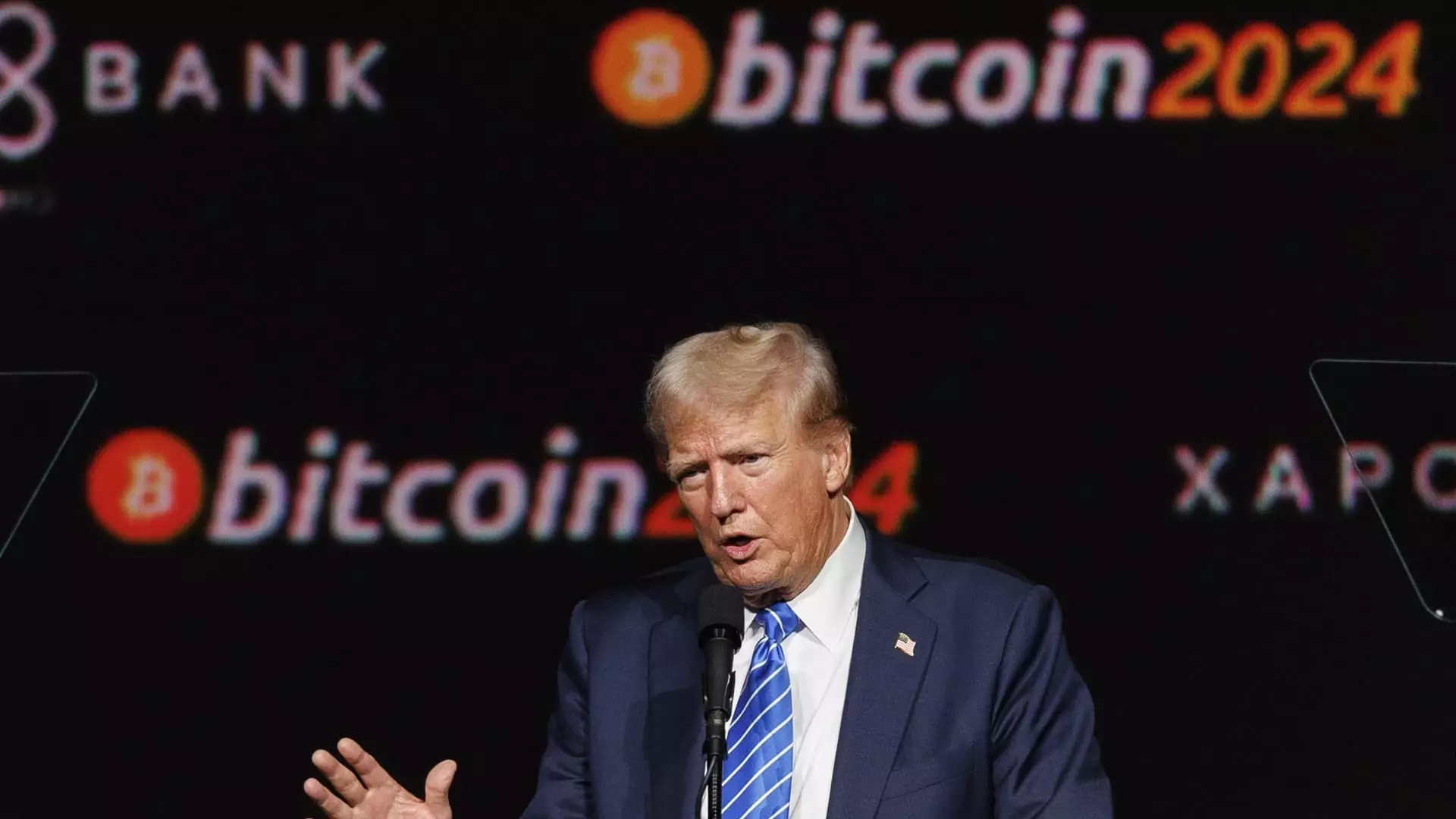In the evolving world of cryptocurrency, stakeholders in Singapore are keeping a watchful eye on the U.S. political landscape, particularly as the presidential election draws near. Intriguingly, many industry insiders believe that the outcome of the election will hold limited sway over the crypto market in Singapore, despite former President Donald Trump’s perceived crypto-friendly stance. Charles Hoskinson, a crucial figure in the crypto domain due to his co-founding of Ethereum, recently articulated that the global movement towards decentralization renders domestic political outcomes increasingly irrelevant. While Trump has endeavored to position himself as a supporter of cryptocurrencies, promising to maintain federal bitcoin holdings and aiming to establish the U.S. as a crypto superpower during a recent conference, the broader picture suggests a shift beyond American politics.
The discourse around regulatory frameworks is critical in assessing the crypto landscape. Hoskinson emphasized that jurisdictions around the world, including Singapore, have proactively developed regulatory guidelines that support cryptocurrency. This approach highlights a trend where the global community is evolving towards decentralized systems irrespective of U.S. policies. Indeed, other nations are recognizing the potential of crypto, leading the U.S. to potentially fall behind in innovation unless a more cohesive strategy is adopted. The sentiment reflects a growing belief among crypto enthusiasts that projects and regulations taking place overseas may shape the future of the industry more significantly than any U.S. political pivots.
Political Predictions: Bipartisan Challenges Ahead
The notion that the U.S. election candidates might produce a marked difference in crypto regulation is also being reassessed. Anthony Scaramucci of SkyBridge Capital suggested that regardless of who wins, the foundational policies regarding cryptocurrencies might not differ vastly. Scaramucci’s insights introduced an important perspective: while candidates may be perceived differently during campaigns, their actual policies could demonstrate remarkable continuity across party lines. This observation suggests a potential inefficacy of political shifts to significantly alter the regulatory landscape for cryptocurrencies, allowing market participants to operate with a degree of predictability.
Interestingly, the influx of financial contributions from the crypto sector to U.S. political campaigns has been noteworthy, amounting to approximately $190 million. This data paints a picture of a concerted effort to influence political discourse regarding cryptocurrency from within the industry. However, a careful examination reveals a pertinent shift in this cycle, with contributions skewing more heavily towards Republican candidates despite a relatively balanced approach in the past. This divergence begs the question of whether the cryptocurrency industry feels more aligned with certain political ideologies and whether this could have longer-lasting effects on regulatory outcomes.
The analysis wouldn’t be complete without acknowledging the perspective presented by notable crypto traders like Arthur Hayes, who downplayed the relevance of U.S. political dynamics on the global crypto markets. Hayes argues that Bitcoin, having emerged with little to no regulation and skepticism from governments, renders political influence somewhat moot. His assertion encapsulates a broader narrative within the crypto community: that the evolution towards a decentralized future is independent of government endorsements or regulations. This sentiment underscores a significant belief that cryptocurrency’s intrinsic value may not necessarily require validation from political entities.
Looking Forward: The Blueprint of Decentralization
As the Singapore crypto community approaches the November election, the conversations echo a widely shared sentiment that the foundations of cryptocurrency are loosening from political ties. The call for decentralized frameworks predicated by international initiatives indicates a paradigm shift where innovation could flourish unshackled from the whims of political tides. Ultimately, whether Trump’s pro-crypto display or Harris’s regulatory approach captures the political spotlight in the U.S., the resounding message among crypto enthusiasts is persisting in a world that increasingly embraces decentralization as an inevitable future. As the industry advances, the dialogue in Singapore may not just be about adapting to U.S. politics but rather thriving within an ever-changing and decentralized global economy.

Leave a Reply